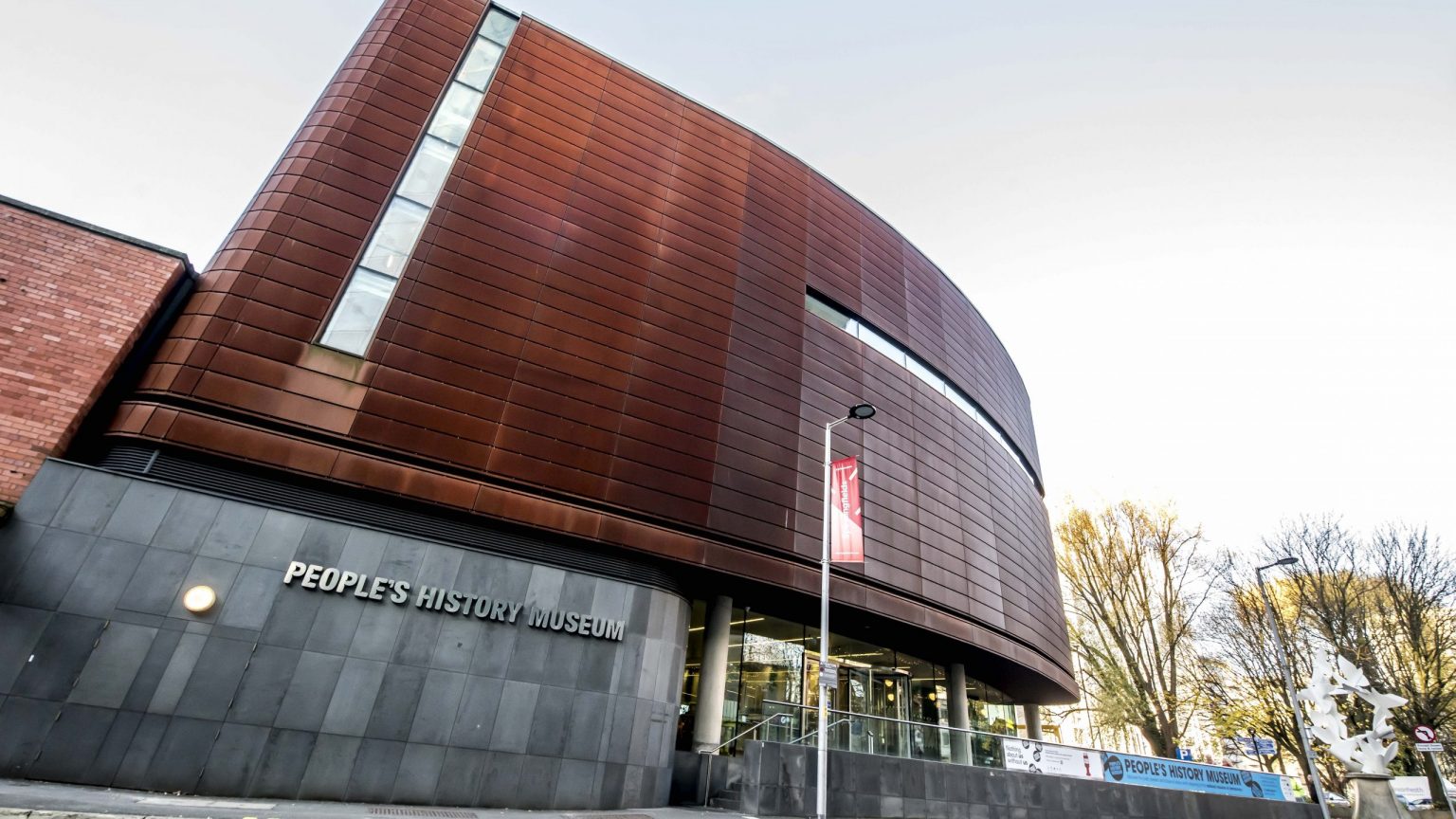Enjoy this article?
Most Museums Journal content is only available to members. Join the MA to get full access to the latest thinking and trends from across the sector, case studies and best practice advice.


The People’s History Museum in Manchester is at the centre of a bitter row after hiring out a boardroom to the gender critical organisation Sex Matters.
The organisation, which was co-founded by tax researcher Maya Forstater after she won a case against her former employer for discrimination on the basis of her gender critical beliefs, campaigns for “clarity on sex in law and policy”. However, LGBTQ+ groups have accused the group of advocating against the rights of transgender people.
The museum issued an apology yesterday after being heavily criticised online for hosting the 25 June meeting. It said that as a result of the meeting, trans and non-binary staff had faced a “hostile environment” on social media and that Sex Matters was an organisation that did not share its values. The museum said it would ensure due diligence on future venue hire bookings.
However the museum’s tweet and full statement were subsequently deleted “on legal advice”.
The retraction came after the museum was warned on social media that the statement could put it at risk of legal action for belief discrimination.
Sex Matters said that it was “shocked and saddened” by the apology and would write to the museum to book another meeting there. In a statement, the organisation said: “We were founded because of the widespread, shameless and unlawful discrimination faced by people who hold and express ‘gender critical’ beliefs… We are shocked and disappointed by [the museum’s] statement, which appears to be an apology for not discriminating and a promise to discriminate in future.”
The statement added: "The right to hold and manifest religious and philosophical beliefs (and lack of belief) is a cornerstone of our pluralist society, which the People’s History Museum was founded to memorialise."
Levins Solicitors, which has represented a number of people on similar discrimination cases, tweeted: “Handy hint: if you’re in the business of making meeting rooms available for hire, think carefully before refusing a booking because the booker ‘doesn’t share your values’.”
Forstater’s case led to the courts recognising that her belief that there are two sexes, and that sex is immutable, important and should not be conflated with gender identity, is protected under the Equality Act 2010.
Since her successful claim, a number of other people working in the arts and culture sector have won similar cases against their employers. This week, Denise Fahmy, who was Arts Council England’s relationship manager for visual arts in the North, succeeded in her claim against the arts council for harassment on the basis of her gender critical beliefs.
Fahmy said she had felt forced to resign after facing harassment due to her beliefs, culminating in a petition on the arts council’s online noticeboard in which her views were compared to racism and described as a “cancer [that] needs to be removed”.
In its judgment, the tribunal found that the comments were “unwanted conduct which had the purpose and effect of violating the claimant’s dignity and creating an intimidating, hostile, degrading, humiliating or offensive environment for the claimant”. A further claim of victimisation was dismissed.
Fahmy has been awarded an uplift in compensation, the amount of which will be determined at a future hearing. She welcomed the outcome, saying she had been contacted by other women had been bullied out of the arts for similar reasons.
Arts Council England said it was reflecting on the judgment.
Earlier this month, gender critical radical feminist and ceramic artist Claudia Clare settled a discrimination case against the University of Arts London and the Craft Potters Association after they cancelled a talk she was scheduled to give at the Ceramic Arts London show, citing concerns that it would be disrupted by protestors.
LGBTQ+ and trans rights groups say they are facing an increasingly hostile atmosphere due to the toxicity of the current discourse. In recent months there have been protests and social media pile-ons against institutions such as Tate Britain over drag and Pride-related programming.
Correction
07.07.2023
The article previously stated that Claudia Clare had won a discrimination claim against the University of Arts London and the Craft Potters Association. In fact the claim was settled without being heard.
Most Museums Journal content is only available to members. Join the MA to get full access to the latest thinking and trends from across the sector, case studies and best practice advice.
You must be signed in to post a comment.
The last paragraph shows bias rather than neutral reporting. It won’t do, you know.
I understand the article uses the euphemism ‘gender critical’ instead of ‘trans-exclusionary’ to describe Forstater et al to meet balance requirements; I would argue, however, their belief systems exclude trans peoples (both transwomen and transmen) from their bounded definitions of categorisation, but do not, as far as I am aware, involve any critical analysis of gender (if involved in gender studies at all) beyond his very narrow band.
correction: *This very narrow band.
“Gender-critical” was the label created by the trans community for people who believe in sex over gender and binary sex over a spectrum. It brings with it the idea that these people are criticising trans people which it is biased to assume. “Trans-exclusionary” also contains the same bias. We should not project disparaging motives onto people. That is unfair and unjust.
I would disagree; I have only ever seen ‘gender critical’ used as a euphemistic term to ‘academise’ the nature of more traditional trans-exclusionary beliefs. and mostly as a self-descriptive. I am not sure how the analysis that the ideology of that group excludes trans people from their definitions of man or womanhood is unfair or unjust as it in internally consistent with their message. I am sure people holding those beliefs would agree with this. It is the justification for their existence.